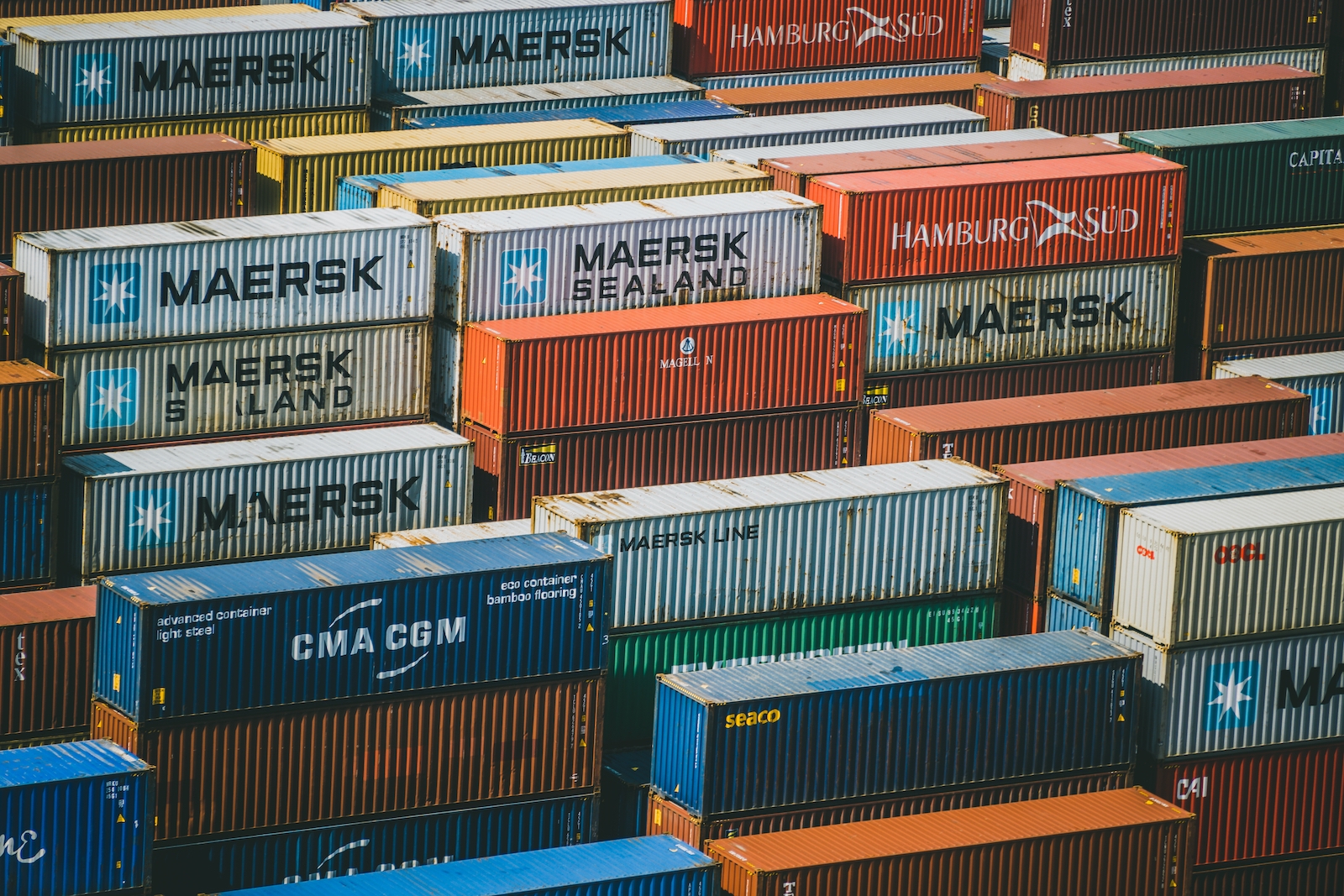
Business
From Warehouse to Shelf: The Importance of Supply Chain Visibility as the UK Adapts to Life Outside of the EU
Valentine’s Day 2022 proved to be a big litmus test for the new post-Brexit customs controls that came into force on January 1st. It was the UK’s first major consumer event since mitigations written into the Brexit withdrawal agreement were ended; effectively the UK is now truly outside of the European Union.
In fact, both the UK and the EU are now subject to more stringent clearance declarations to import and export goods across borders, and this proved to have a significant impact on shoppers in the UK, who were met with price hikes due to shortages.
Florists and wine-sellers across the UK reported stock delivery delays, while others were unable to get their inventory across borders at all, leading to shortages of holiday essentials on store shelves.
But supply chain challenges aren’t restricted to getting stock on shelves. Port congestion has been at the forefront of supply chain issues throughout the pandemic and the problem still persists. Ports across the world are dealing with container backlogs, and recent data from Linerlytica suggests that around 10% of the world’s boxship fleet is still stuck at ports.
At the same time, the new customs rules in the UK have led to gridlock in lorry parks around the Port of Dover causing further shipment delays, and no signs the situation is calming down. As supply chain woes continue to grip industries from children’s toys to poultry, improved visibility has rapidly become less of a luxury and more of a necessity. These disruptions affect the whole supply chain, and oftentimes, retailers are unaware of delays, diverted containers, or additional customs checks until shipments are due to arrive. As a result, consumers are met with empty shelves and inflated prices for what inventory is on hand.
Industry experts have called for greater supply chain visibility to mitigate these risks and facilitate more informed production forecasting. Manufacturers and retailers, in particular, need to be able to track issues within their supply chains in real-time to gauge supply constraints.
Smart Logistics as a Service (LaaS) platform, KlearNow, has been leading efforts of using AI technology to ease disruptions. They’re not the only firm making waves in a rapidly emerging ‘supply chain tech’ space. The Wall Street Journal reported in December that investors were “piling in” to supply chain tech due to its capacity for solving problems of which the full force has yet to be felt.
But KlearNow’s most recent Series B investment round – which raised £38 million – tells its own story about where this Silicon Valley-based outfit sees things going. The investment is being driven into transforming strained supply chains by enhancing visibility from end to end and enabling rapid geographical expansion. Its recent integration of a drayage marketplace into its platform has given a full spectrum of visibility for planning, from port to store shelves.
Increased visibility is a huge step towards keeping production going and ensuring that consumers aren’t bearing the brunt of supply chain bottlenecks as we face the harsh prospect of further disruption for the rest of 2022.
Sam Tyagi, the CEO and founder of KlearNow, explained in December: “This latest round of funding enables us to aggressively accelerate our technology development and deployment, geographical expansion, and talent investments, helping us transform supply chains that power commerce. We are excited to have strategic partners and investors with deep knowledge in this space, and we believe that with their support, our technology can lead to a meaningful, sustainable impact on global supply chains.”
“The supply chain and logistics industry is primed for incredible disruption in the upcoming years and continued investment in technology and tech-enabled infrastructure is a critical component of the solution,” said Nishita Cummings, Managing Partner and Co-Head of Growth Equity at Kayne Partners, who were one of the investment partners.
Tyagi added: “Global supply chains have been in a chaotic state for the past couple of years, but businesses in the UK have faced the additional challenge of dealing with an opaque and hard-to-navigate post-Brexit trading landscape. We’re proud that our platform has been able to ease the burden for a wide range of UK businesses, from flower growers to car parts manufacturers. This funding partnership will help us offer more innovative solutions to more businesses in the UK, EU, and around the world.”
